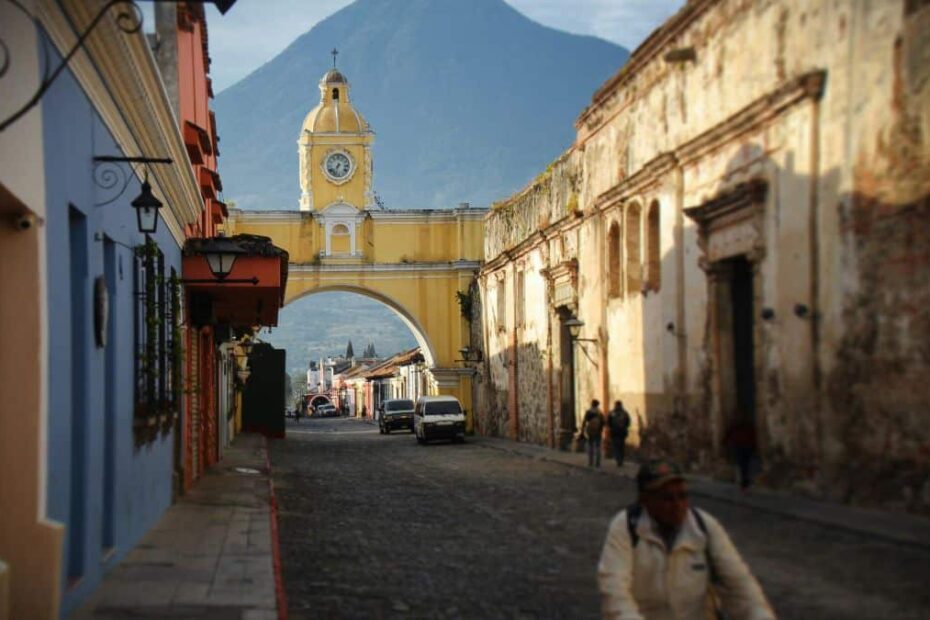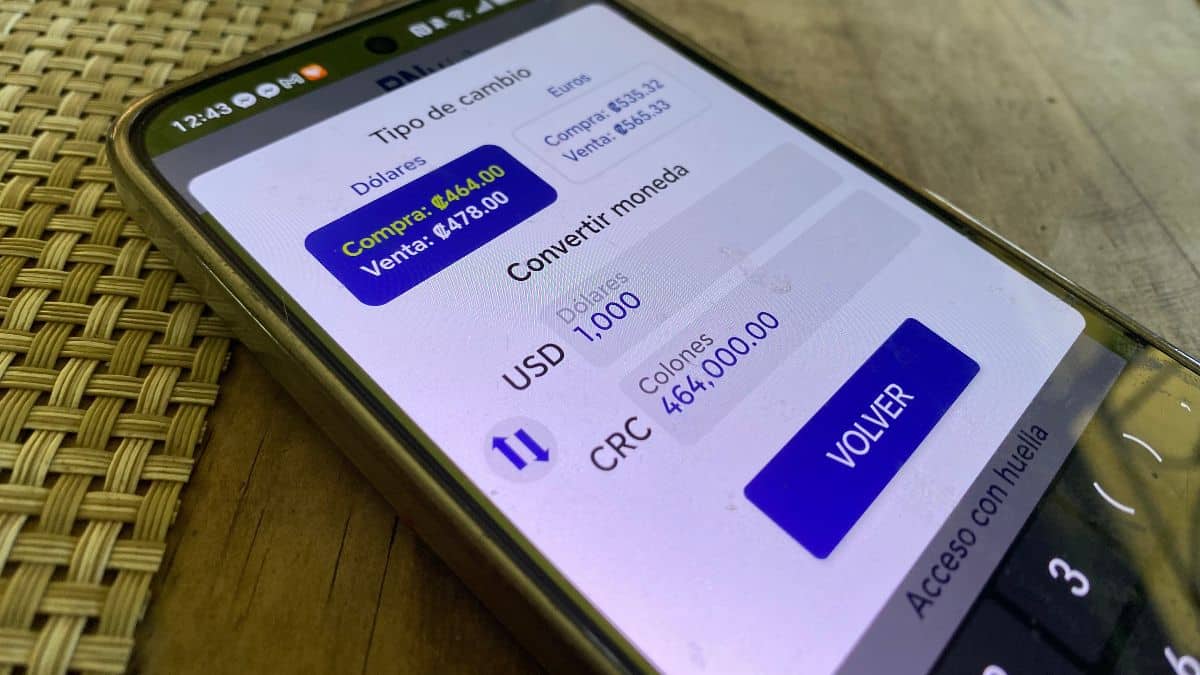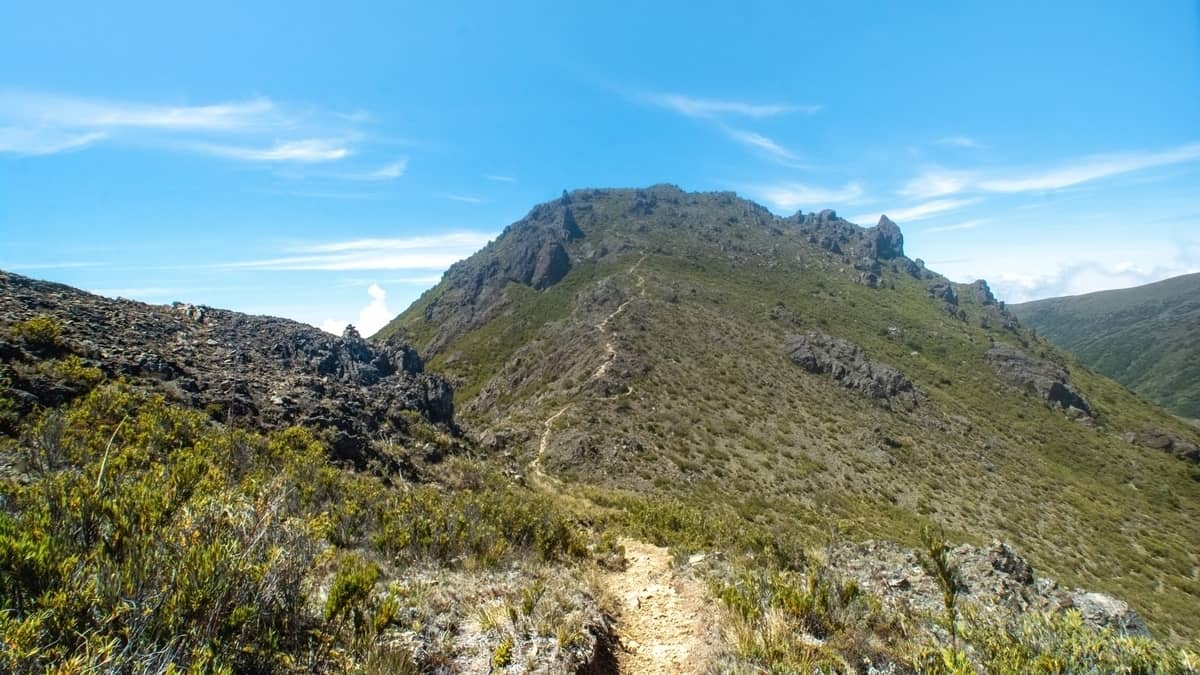This guide offers some practical financial tips for expats relocating to Central America, covering budgeting, banking, taxes, and more.
Moving abroad as an expat requires adjusting finances to a new economic setting. Local currencies, banking rules, and costs of living differ from home, creating unique challenges for budgeting and planning. A clear financial strategy ensures stability, letting you focus on settling into your new life. This guide provides detailed, practical tips to manage money effectively, tailored to the realities of relocating to this part of the world.
Creating a Realistic Budget
Perhaps the biggest reason why people leave the expat life in Central America is because they run out of money or misjudge their cost of living. This is particularly true in more expensive countries like Costa Rica. Track expenses for the first three months to align plans with actual costs, covering housing, utilities, food, transport, and visa fees. Rent often requires upfront deposits, and utilities may involve setup costs, so include these in initial plans.
Allocate funds for an emergency reserve covering three to six months of expenses to handle unexpected price changes, especially during tourist seasons. Review budgets monthly to adjust for variations in local costs, ensuring all essentials are covered. Categorize expenses clearly to identify areas for adjustment, such as cutting discretionary costs if needed (for example, imported items like electronics and, yes, cheese, are often far more expensive than you might expect). Use a budgeting app or spreadsheet to monitor spending patterns accurately.
Managing Banking and Currency
A local bank account eases bill payments and reduces cash reliance. Opening one, however, often needs proof of legal residency (making it difficult for those still on a tourist visa), income documents, or local bills, which delays setup for new arrivals. Keep a home-country account for international needs, but watch for foreign transaction fees. Offshore accounts offer multi-currency options and privacy, though they require thorough paperwork. Online transfer services cut fees compared to traditional banks, which charge 5 to 12 percent, and monitoring exchange rates prevents losses in fluctuating currencies.
Handling Tax Obligations
All seven countries in Central America operate under a territorial tax system, meaning only income earned locally is taxed, which benefits expats with foreign income like pensions or investments. Research tax treaties between your home country and Central America to avoid double taxation on any overlapping income. Budget for annual tax filings, as some countries require them even for minimal local earnings, and fees for professional help can range from $200–$500. An advisor with cross-border expertise can clarify local tax rates and ensure documents like wills reflect your new status. Keep detailed records of income and expenses to simplify filings and avoid penalties.
Start researching tax obligations before moving. Check if your home country taxes worldwide income or requires foreign account reporting, as this impacts your overall tax burden. Local filings may involve simple forms or specific deductions, so include these costs in your budget. A professional can streamline compliance and prevent errors.
Planning for Healthcare
Healthcare systems vary in Central America. Public options in some areas offer low-cost care to residents, but waits can be long, and language barriers may arise. Limited public services in other places push expats toward private clinics for faster access. International insurance with evacuation coverage suits remote areas with scarce facilities. Budget for out-of-pocket costs, like prescriptions or dental care, which may not be fully covered.
Assess your health needs early to choose between public, private, or international plans. Private insurance costs more but offers quicker service and language support, especially in cities. Set aside funds for unexpected medical expenses to protect savings. Review coverage yearly to match your location and lifestyle.
Investing for Long-Term Goals
Relocating does not pause wealth-building. Notify home-country investment providers of your move to meet their rules. Real estate or small businesses in Central America can be viable, but local laws need careful study to avoid risks. Offshore financial options provide stable-currency investments, protecting against local economic shifts. Spread assets across currencies to limit exchange rate impacts.
Seek professional advice before local investments, as regulations differ from home. Prioritize liquidity to keep funds accessible, and avoid speculative ventures without clear understanding. Regular portfolio reviews ensure alignment with goals like retirement or property purchase. Budget for advisory fees if consulting experts.
For many expats, the move to Central America is part of a larger, long-term financial plan, often tied to achieving financial independence or retiring early in a place where the cost of living is more favorable. Understanding the fundamentals of saving, investing, and building passive income streams is crucial to making this dream a reality. If you’re interested in comprehensive strategies for financial freedom and early retirement, resources like Think Save Retire can provide valuable guidance and perspective to help you align your expat life with your ultimate financial goals.
Addressing Legal and Residency Requirements
Residency status affects banking, taxes, and healthcare access. Some countries require income proof for visas, while others offer simpler paths for certain nationalities. These rules shape financial planning, as they determine service eligibility. An advisor or lawyer with expat experience can streamline visa processes and clarify regulations. Addressing these early prevents delays in setting up accounts or accessing care.
Check visa requirements before moving, as they influence financial obligations. Some countries tie residency to banking access, requiring specific documents. Others have flexible rules but demand regular renewals, which need budgeting. Professional guidance ensures compliance and saves time.
Practical Tools and Resources
Digital budgeting apps help track spending and plan savings, highlighting areas for adjustment. Online transfer platforms offer lower fees than traditional methods, simplifying international payments. Expat communities on social platforms share advice and contacts for financial services. Government websites provide details on tax treaties, visa rules, and banking regulations, often in multiple languages. Joining expat groups early builds a network for navigating financial challenges.
Use apps to monitor exchange rates and set transfer alerts. Online banking tools streamline bill payments, but confirm they work abroad. Community forums often share cost-saving tips, like finding affordable services. Keep digital copies of financial documents for easy access across countries. Set up multiple payment options—such as an international debit card and a backup credit card—to avoid being locked out of cash. Also, review health and travel insurance for gaps, since medical bills can be unpredictable abroad. For additional funding, choose a licensed U.S. loan provider over local options, as many expats report that local banks often either don’t offer quick money loans or impose high-interest rates with strict terms. U.S. providers will offer you more stability in access to emergency finances for unplanned medical bills or urgent travel.
Avoiding Common Financial Pitfalls
Poorly timed currency transfers can cut savings, especially with fluctuating local currencies. Monitor rates and plan moves to minimize losses. Ignoring residency rules delays banking or tax setups, adding costs. Short-term spending focus risks long-term goals like retirement. Regular budget and investment reviews, plus professional advice, keep finances on track.
Overlooking healthcare costs can drain reserves, so include them in budgets. Failing to test home-country account access before moving causes disruptions. Not researching local price patterns, like seasonal spikes, leads to overspending. Staying proactive avoids these common issues.
First 90 Days: Essential Financial Steps
The first three months set your financial foundation. Apply for a local bank account, preparing residency or income documents to meet requirements. Update your budget based on actual costs for housing, food, and transport, adjusting for seasonal changes. Arrange low-fee transfer methods for international funds to save on costs. Research tax obligations in both home and host countries, consulting an advisor for complex rules.
Secure health, property, and travel insurance to match your location and needs. Build an emergency fund covering three to six months of expenses, kept accessible. Organize financial documents digitally, including bank statements and tax records. Automate recurring bills to avoid late fees. Set long-term goals, like investments or retirement, and review with an expat-focused advisor.
Wrapping Up
Central America offers a unique lifestyle for expats, but financial planning is essential to thrive. Understand local economies, set up banking and currency systems, budget carefully, and address taxes, healthcare, and investments to build stability. Start early, use digital tools, and seek professional guidance to enjoy your new home with financial confidence.



